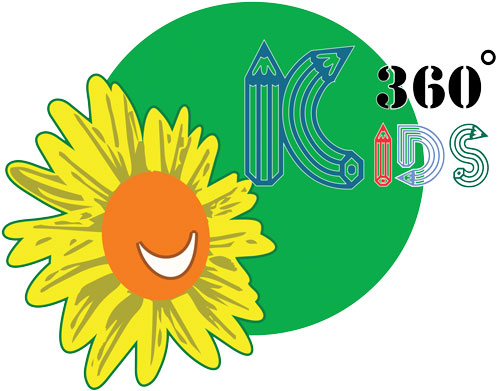
The Role of Teachers
How teachers play an important role in the learning process of kids going playschool.
Kindergarten teachers at 360 Kids perform a complex and multidimensional role. They are responsible for implementing a program that is thoughtfully planned, challenging, engaging, integrated, developmentally appropriate, and culturally and linguistically responsive, and that promotes positive outcomes for all children. A developmentally appropriate preschool program is challenging, but has expectations that are attainable for most children. The educational program is flexible enough to respond to individual differences and is consistent with children’s ways of thinking and learning. In order to support the continuum of learning from one grade to the next, our ‘Play School Teachers’ are aware of the curriculum expectations for Grade 1 and later primary grades. Knowledge of the literacy and numeracy continua, in particular, is critical for teachers as they lay the foundation for learning.
